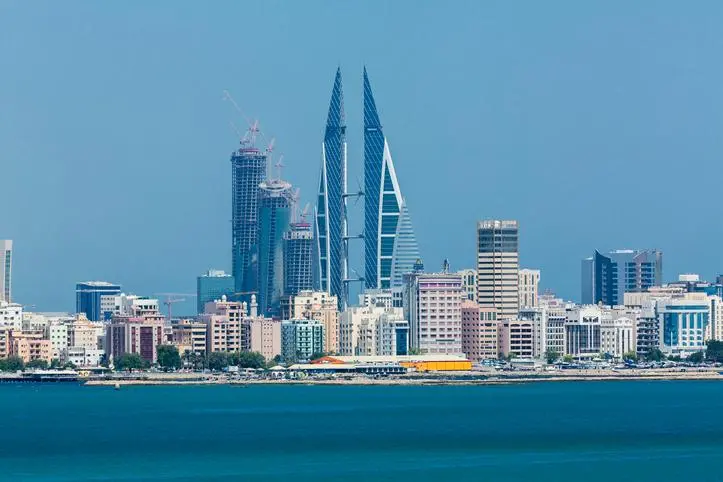PHOTO
Bahrain - An immediate and tougher crackdown has been urged on begging in Bahrain.
The practice is against Bahrain’s culture and depicts a negative image of the country besides threatening society, said legislators.
Southern Municipal Council member Abdullah Abdullateef warned if no serious action was taken soon the habit would spread to all corners of society with dire consequences.
“Begging is spreading and has reached inside malls and commercial facilities, portraying a bad image of Bahrain,” he said.
“This is a danger to our society because the practice is alien to our community and has been brought in by outsiders.”
Violation
He was speaking to the GDN after a 35-year-old Arab woman was caught allegedly forcing her children to beg in a mall in Riffa last month.
Begging is prohibited in Bahrain and offenders face jail and fines.
Mr Abdullateef expressed concerns about children resorting to begging in the streets and running the risk of getting involved in traffic accidents.
He called for an increased presence of female community police officers in malls and commercial areas to act as a deterrent while also urging intensified awareness campaigns in several languages and inspection visits especially during the summer and public holidays to catch violators.
“Some beggars knock on car windows, follow women in malls and use children in these ploys which should be made punishable by law while rehabilitating the child.
“Children who find begging an easy source of money could resort to more serious offences such as stealing; children can’t make these decisions but they are egged on by parents, guardians or gangs.”
He pointed out begging could also instil in children hatred and violence towards society and a crackdown was essential to protect society from these alien actions.
Parliament youth and sports committee vice-chairwoman Zainab Abdulamir said encouraging children to beg was a violation of their rights and also a form of abuse.
“Begging has escalated into a phenomenon that didn’t exist in Bahrain before and this habit has been brought in by outsiders,” she said.
“Bahraini people are proud; they’d never beg even if they were in need.
“The incidents of begging have gone up with an increase in the number of expatriates and this portrays a negative image of Bahrain especially since these beggars are now found at key intersections and malls.
“They sometimes also operate under the pretence of selling water bottles or saffron.”
The parliamentarian said tourists applying for a visitor’s visa should be made to produce an active bank statement to root out suspicious people.
She pointed out that currently a bank statement is not a requirement to be eligible for a visitor’s visa.
“Children begging risk their lives as they weave through cars at traffic lights, and instead of studying or playing they are being pushed by their parents to beg or sell items even late at night – I have personally seen them in my constituency (Capital Seven which includes Jurdab, Jidali and Al Nasfa).
“Such parents are cruel and tough action should be taken against them for begging despite the government spending on their healthcare and education.”
In June, Muharraq police said 18 people had been arrested for begging in the first six months of the year (2019).
“Out of the 18 caught begging, a whole non-Bahraini family was among them – something that is alien to our society,” said Muharraq Security Directorate director general Brigadier General Fawaz Al Hassan.
According to the 2007 Combating Begging and Homelessness Law begging is a crime and first-time Bahraini offenders are taken into a shelter where their social and mental conditions are evaluated and they are medically examined.
Repeat offenders face jail of up to one year and fines between BD50 to BD100 while adults encouraging children to beg can be jailed for up to three months and fined between BD50 to BD100.
If the offence is repeated again within a year of a verdict being issued the offender could be jailed for an additional six months.
Expatriates caught begging are referred to the Public Prosecution for legal action and deportation.
© Copyright 2019 www.gdnonline.com
Copyright 2019 Al Hilal Publishing and Marketing Group Provided by SyndiGate Media Inc. (Syndigate.info).





















